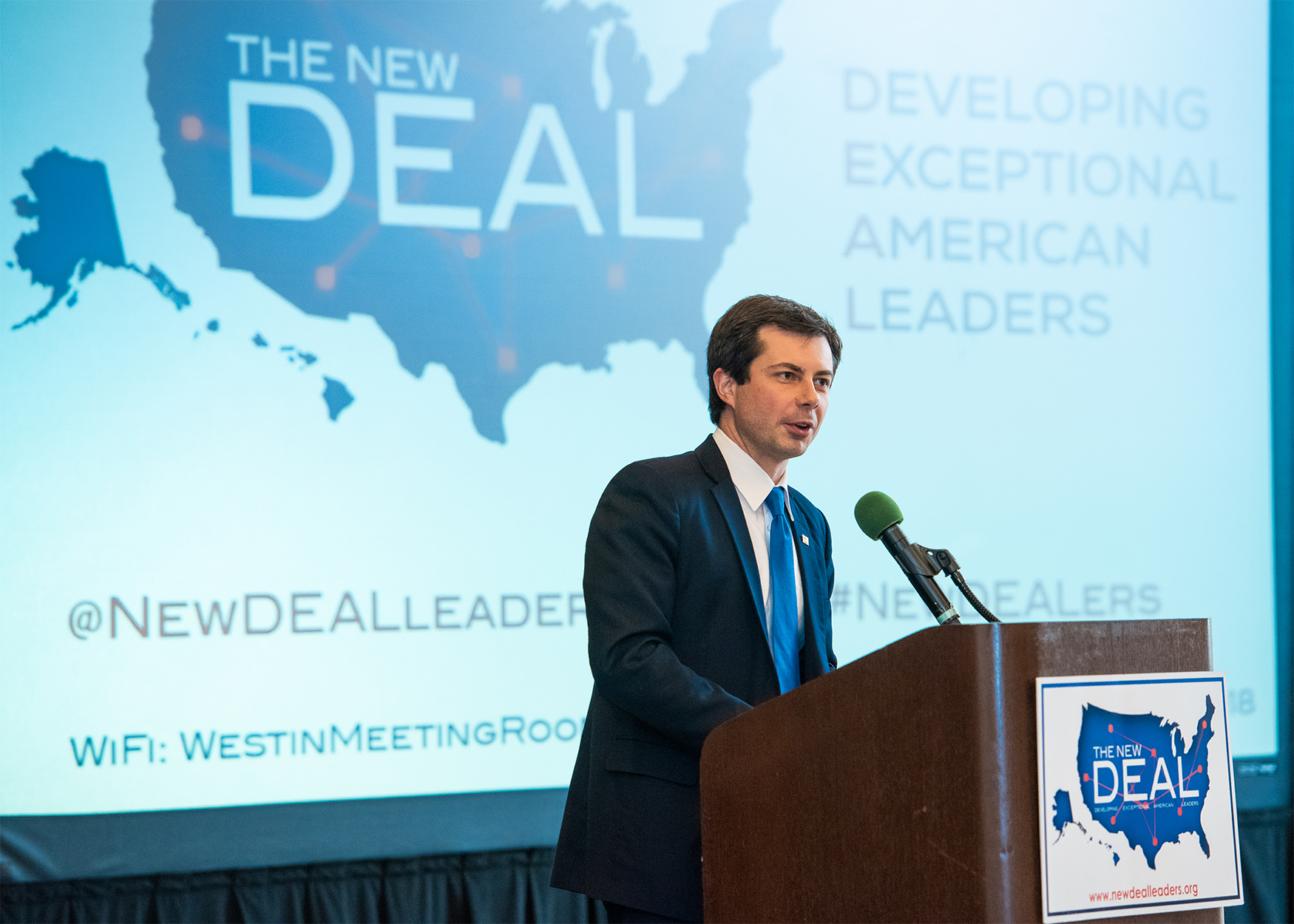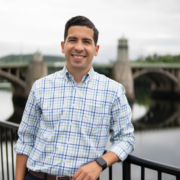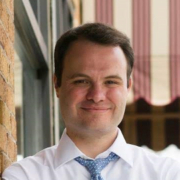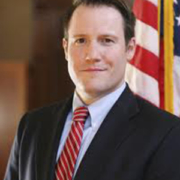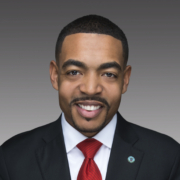Recruiting More Male Teachers of Color
Problem
Having a diverse teaching workforce can help narrow the achievement gap and improve student outcomes, particularly for students of color when they have a demographically similar teacher. The National Center for Educational Statistics’s data shows just a quarter of teachers are male, and there are very few male teachers of color in the classroom. Furthermore, just 7% of teachers are Black, 9% are Hispanic, and 2% are Asian American. Additionally, less than 2% of teachers are American Indian or Alaska Native, Pacific Islander, or of two or more races.
Solution
Senate Majority Leader M. Teresa Ruiz and Senate Majority Whip Troy Singleton address the widening teacher diversity gap through the partnership between the New Jersey Department of Education and Rowan University’s ‘Men of Color Hope Achievers’ partnership program. This program will recruit underrepresented groups by creating a stable career path in underserved communities. Increasing the number of educators of color in classrooms will have a favorable influence on all students’ academic progress because seeing teachers who look like them keeps students engaged in learning and while also providing role models for students interested in teaching as a career.

